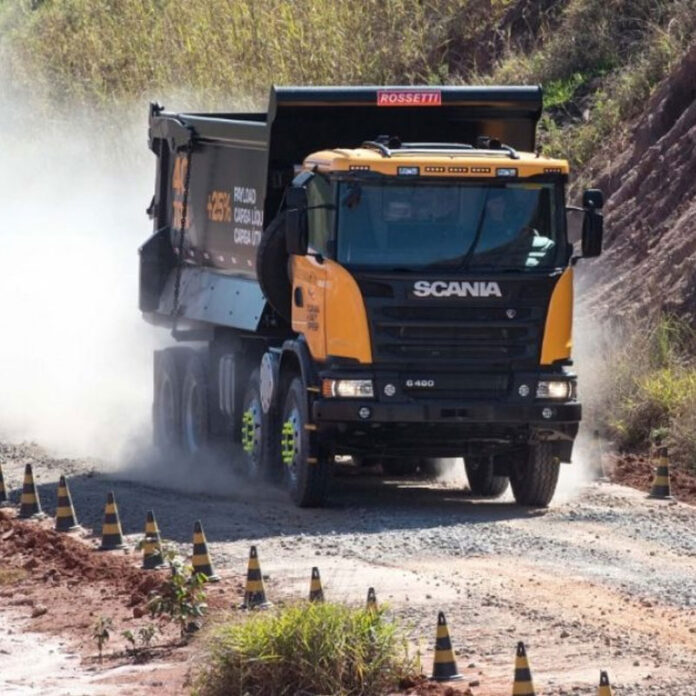
In a landmark move towards sustainable practices, Scania and SSAB, two industry leaders, have signed a transformative agreement to achieve 100% decarbonized steel deliveries. SSAB, the primary supplier of steel for Scania vehicles, solidifies its commitment to radically reduce climate emissions, marking a significant advancement in the companies’ enduring collaboration.
Christian Levin, CEO of Scania, expressed his satisfaction with the agreement, stating, “Scania’s purpose is to drive the shift towards a sustainable transport system. To fulfill that purpose, we take action across the value chain together with partners like SSAB, who are at the forefront of the transition to a sustainable steel industry.”
Martin Lindqvist, CEO of SSAB, emphasized the pivotal role of fossil-free steel in revolutionizing heavy transport. He highlighted the game-changing nature of fossil-free steel, possessing the same high quality and technical properties as traditional steel. Importantly, fossil-free steel is produced sustainably and is recyclable, aligning with circular economy principles.
Scania, as part of its industry-leading strategy, aims to significantly reduce carbon emissions within four key “hotspots” by 2030. These hotspots constitute approximately 80% of the supply chain emissions and include batteries, steel, aluminium, and cast iron. The collaboration with SSAB signifies a strategic move to address the critical emissions associated with steel production.
SSAB plans to introduce its Fossil-free steel to the market at a commercial scale in 2026, with the ambition for its operations to be largely fossil-free by around 2030. The Fossil-free steel is manufactured using the innovative HYBRIT technology, replacing coking coal with fossil-free electricity and hydrogen in iron ore-based steelmaking. This groundbreaking process results in water as a by-product instead of carbon dioxide, contributing to a cleaner and more sustainable production method.
The Scania-SSAB partnership not only sets ambitious goals for reducing carbon footprints but also exemplifies a commitment to utilizing purchasing power to create early markets for innovative clean technologies. This collaboration is a testament to the companies’ dedication to driving positive change and fostering sustainability in their respective industries.








